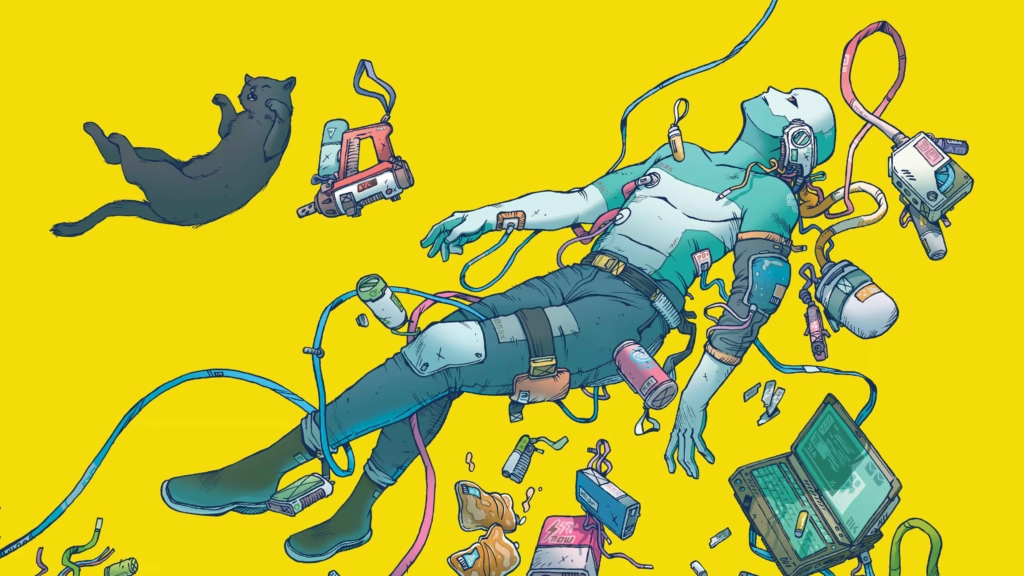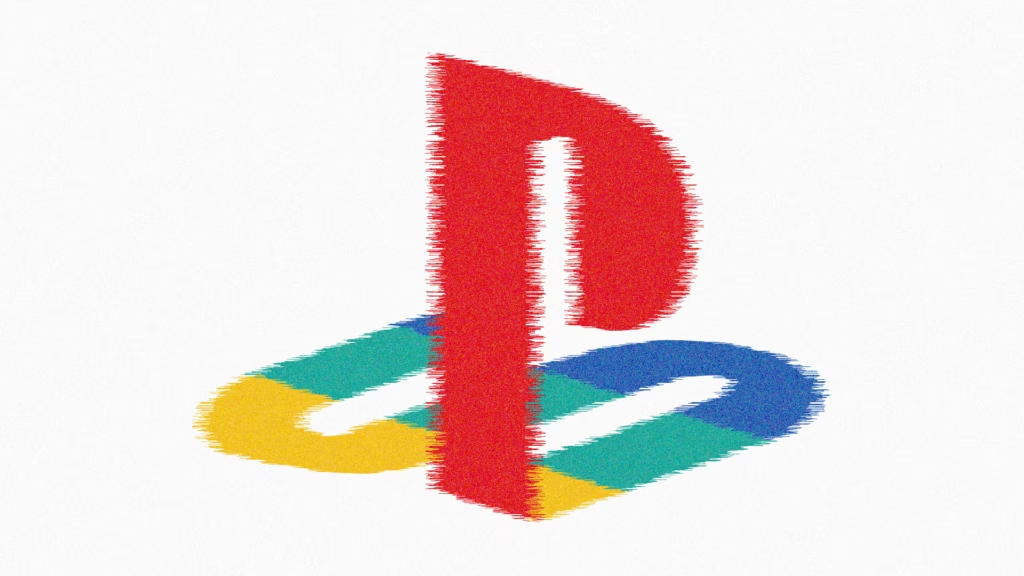On Wednesday, Gary McKay (general manager, BioWare) released a studio update on the company blog about how work is underway on the forthcoming fifth Mass Effect game, how it’s being built by a crack team of BioWare veterans, and that the studio is beginning to ‘reimagine’ how it works. All of which sounds perfectly harmless and potentially encouraging. But as we’ve learned over the past few years (and perhaps longer) about major game studios and game development conglomerates, all isn’t what it seems.
First, the studio updates in question should probably be read alongside reports that emerged last week suggesting that EA (the owner and publisher of BioWare) was disappointed with sales of Dragon Age: The Veilguard. Apparently, the 1.5 million units of the game that sold were around 50% of what EA expected. It’s difficult to tell whether this is the outcome of unrealistic expectations or a lack of market awareness. But anyway, what did the statement really say?
Amidst all the positive-sounding sentences, a handful of phrases stand out: “turning towards the future”, “preparing for the next chapter”, “changing how we build games” and “taking this opportunity… to reimagine how we work at BioWare”. The most obvious takeaway from all of this was layoffs. And so it proved.
Additionally, the line about seeking to “match many colleagues with other teams at EA” comes across as corpo speak for workforce reductions, and suggests strongly that BioWare is streamlining operations to cut costs while framing it as optimisation.
In many ways, this development (and indeed numerous others such corporate reshuffles over the past 36 months) is a reflection of the ongoing challenges in making modern AAA games. With rising costs, bloated budgets and increased competition, studios have been increasingly opting to downsize rather than changing their approach to game development. In recent times, there’s been a lot of talk about how the traditional big-budget model is no longer sustainable and that studios should work on smaller titles instead. But what should be most worrying for EA and, by association, other AAA studios is that not even a widely acclaimed game is enough to safeguard jobs.
The other problem EA faces is that for years it has banked on its sports and multiplayer shooter franchises that feature annual (or thereabouts) iterations. And even here, most of the money made appears to be from microtransactions and in-game purchases (FUT, anyone?). And now even that tap seems to be slowly being turned off if FC25‘s poor market performance is anything to go by. The onus to right the ship, it would seem, is on the story-driven games.
Will the next Mass Effect be able to plug the leaks in EA and beyond, or is it already too late? With EA’s stock price plummeting in value by over 20% over the past six months, the latest instalment in the space opera franchise will probably not come soon enough — there is no launch date provided, but it’s safe to assume it won’t be out until at least 2029. Until then, it’ll be down to the other franchises and games in the pipeline to do the heavy lifting.


